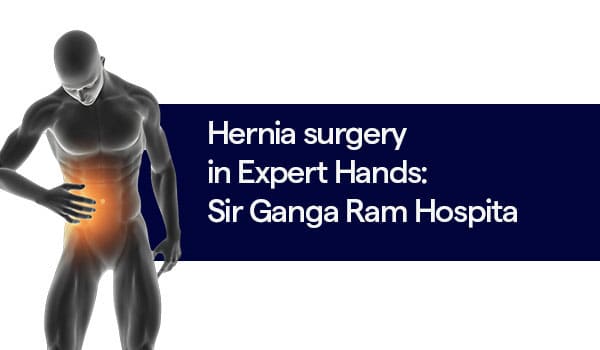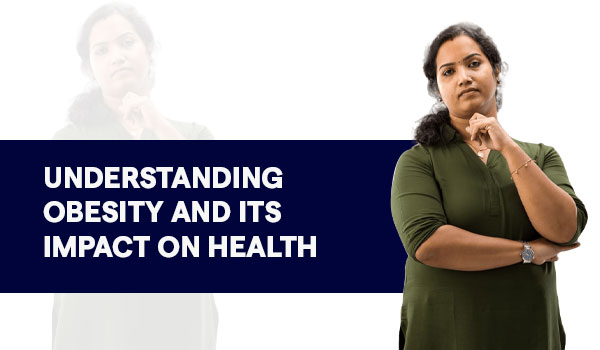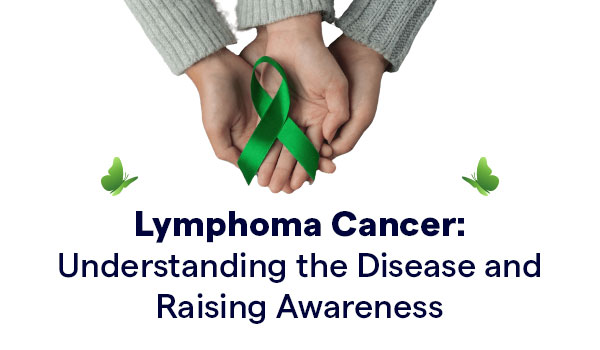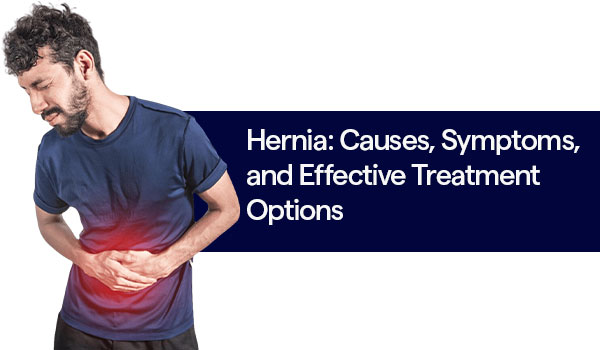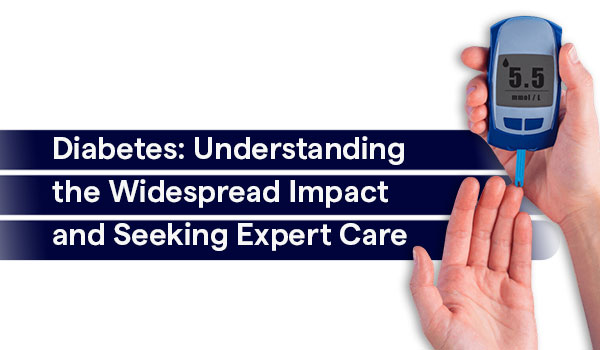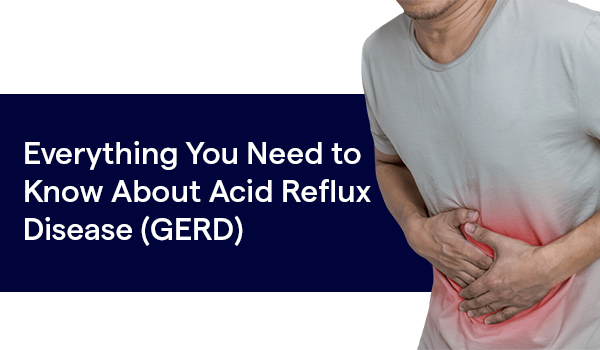
What is GERD?
Gastroesophageal reflux disease (GERD) is a widespread condition that affects millions of people worldwide. It occurs when stomach acid frequently flows back into the esophagus, causing irritation and inflammation. This reflux can result in various symptoms, including heartburn, regurgitation, chest pain, and difficulty swallowing. If left untreated, GERD can lead to more severe complications such as esophagitis, Barrett's esophagus, and even esophageal cancer.
This happens due to a weakened lower esophageal sphincter, the valve that controls the flow between the esophagus and stomach.
Understanding the Factors Contributing to GERD:
Understanding the various factors contributing to the development of Gastroesophageal reflux disease is important for effective management and prevention of this condition.
Physiological Factors:
A weakened lower esophageal sphincter (LES) is a primary physiological factor contributing to GERD. The LES is a muscular valve that prevents the backflow of stomach acid into the esophagus. When the LES becomes weak or relaxes inappropriately, acidic contents reflux into the esophagus, leading to the characteristic symptoms of GERD, such as heartburn and regurgitation.
Additionally, hernia, a condition in which a portion of the stomach protrudes through the diaphragm into the chest cavity, can contribute to the development of GERD. This anatomical anomaly can disrupt the normal function of the lower esophageal sphincter, further increasing the risk of acid reflux.
Lifestyle and Behavioral Factors:
Several lifestyle and behavioral choices can also exacerbate the symptoms of GERD or contribute to its development. Obesity, for instance, is a significant risk factor for GERD as excess abdominal fat can exert pressure on the stomach, promoting the reflux of acid into the esophagus.
Pregnancy is another physiological state that can predispose women to GERD due to hormonal changes and the physical pressure exerted by the growing uterus on the stomach. Moreover, smoking has been linked to the relaxation of the LES, thereby increasing the likelihood of acid reflux.
Medications and Dietary Choices:
Certain medications, such as nonsteroidal anti-inflammatory drugs (NSAIDs), calcium channel blockers, and some sedatives, can contribute to GERD by relaxing the LES or irritating the esophagus.
Dietary choices also play a pivotal role in the management of GERD. Consuming large meals, acidic or spicy foods, citrus fruits, and carbonated beverages can trigger or worsen symptoms of acid reflux.
Recognizing the Signs:
Common symptoms of GERD include:
While these symptoms can affect every age group, they are increasingly seen among the younger generation.
Taking Control through Lifestyle Changes:
Fortunately, making positive lifestyle changes can significantly improve GERD symptoms. Here are some key tips:
Diet:
Exercise:
Regular physical activity promotes digestion and helps reduce acid reflux.
Stress Management:
Stress can worsen GERD symptoms. Practice relaxation techniques like yoga or meditation to manage stress levels.
Sleep:
Aim for 7-8 hours of quality sleep each night.
Seeking Professional Help:
If lifestyle changes alone haven't provided relief, consult a gastroenterologist at Sir Ganga Ram Hospital. We offer various diagnostic tests, including:
Treatment Options:
Depending on the severity of your GERD, we offer a range of treatment options, including:
